As fundraising continues to restore the historic ship HMS Unicorn, Michael Alexander meets participants of a volunteering programme which is making waves in Dundee.
It is the third oldest ship in the world still afloat and is Scotland’s only preserved warship.
But as Dundee-berthed HMS Unicorn closes to the public until mid-January for urgent roof repairs, the success of a volunteering programme aimed at delivering opportunities to those most in need is also being celebrated.
How does the programme work?
In summer 2021, the Unicorn Preservation Society, which has cared for the 1824-built frigate since 1968, took stock of its volunteering programme and launched ‘Wavemakers’.
After years of working partnerships with charities and other third sector organisations, Wavemakers was designed to create partnerships that do better work with more people, put interpersonal relationships first and accept that if volunteers ‘move on’ to better things, that’s job done.
Reflecting on Wavemakers’ first 16 months, Matthew Bellhouse Moran, director of HMS Unicorn, said ongoing work to deliver a world class museum experience and safeguard the future of HMS Unicorn was essential.
However, a vision to inspire and offer accessible lifelong learning and engagement opportunities for local communities and beyond, was also key.
“We are the third oldest ship in the world still afloat, we are the oldest ship in Scotland and we’re the most original ship of its kind in the world, says Salford-raised Matthew, 31, who studied ancient history and did a Masters in museum studies at St Andrews University.
“But that alone doesn’t matter. There’s a question in heritage called the ‘so what?’ question.
“You have to have a purpose and a point.
“And for museums that’s to improve the communities that you are based in and to improve peoples’ lives to make places nicer to be, live and work.
“That’s really the point of our volunteering programme, that we try and give people transferable skills. Try to move them on into education or further employment.
“If they don’t want that, we just give them a place every week where they can come and socialise and have a nice time.”
Diversity of backgrounds
Matthew explains that volunteering in museums is traditionally “white, elderly, middle class, middle upper class, professional retirees”.
What Wavemakers does is encourage volunteers from a diversity of backgrounds in terms of age, socio-economics and education.
For example, of 51 volunteers to November, 50% were aged 16-25, 43% were long-term unemployed and 67% had a disability.
Almost half of the volunteers reside in the 20% lowest-ranked areas of the Scottish Index of Multiple Deprivation areas.
Volunteers do everything from cleaning and maintenance, to becoming tour guides.
The tour guide element is particularly beneficial to those who are not comfortable speaking and come specifically to develop their social skills and confidence.
Who are the volunteers?
The Courier met several volunteers who are already reaping the rewards of their time on the ship.
Stephanie Haenicke has been volunteering as an HMS Unicorn tour guide for a little over two months.
The German, who has lived in Dundee for seven years and the UK for 16 years, first encountered the Unicorn in November 2019 at a Scottish Country Dancing Ball.
A former statistical programmer at the University of Dundee’s Ninewells clinical trials unit, Stephanie suffers from mental health problems including depression and anxiety disorder.
She lost her job because of it during Covid-19 times with her situation getting so low, she couldn’t leave the house. Sometimes, she would even go without food when she couldn’t face going to the shops.
Luckily she got support from an occupational therapist who has helped her get better.
With a plan in place to help her get back to work, she decided to start volunteering.
With a long standing interest in history and museums, the Unicorn opportunity seemed like the “perfect fit”.
“Coming here has given me a feeling of self-worth – doing something useful and being a human again,” she says.
“With depression and anxiety and hiding under the blankets at home, it’s not nice.
“I kept berating myself for not being able to get to work. The guilt spiral made me feel horrible.
“I know all those anxieties are in the head. They are not real. But I couldn’t overcome them.
“Coming here took a lot of overcoming inhibitions but I absolutely love the ship and all the stories she can tell.
“Getting closer to people through the ship means I now find it easier even after two months to go out of the house to do other things.
“Caroline Taylor and the team are so supportive – allowing us to go at our own pace.”
Home-schooled volunteer
Esther Revie, 17, from Methven in Angus has been volunteering since May.
The home-schooled teenager says she got into history through her grandad Alan Webster – a former history teacher and now retired minister.
She says everyone at Unicorn has been “really friendly and welcoming”.
“I’d been on a few trips to Unicorn with my family and really really enjoyed it,” she says.
“I like to show people history and help them learn about it. If they are engaged they tell me things I don’t know! I’d really like to do this in future and follow some kind of history path!”
Catriona Pritchard, 20, from Glasgow is in her third year studying English and creative writing at Dundee University.
She visited with her parents one weekend, and, after responding to an advert for volunteers, has now been helping out for around a year.
“It’s just so fascinating in here,” she says.
“There’s so much to look at. It’s really interesting engaging with the public as well.
“Quiet often you find that people who come on have some kind of background knowledge that you don’t have. So you learn new things.
“The other volunteers are nice and there’s always a really great atmosphere.”
Meanwhile, Dundee man Tony Walker, 46, who grew up in Ardler, joined the team in February as a volunteer before being hired as a member of staff in July.
“I started volunteering to help my own personal journey after a long period of physical and mental health issues,” explains the former Lawside Academy pupil.
“I was referred through a charity who helped me decide that it would be a great place for me to gain some new skills and help me get back to being a positive and active person once again…
“This has been through a series of learning processes from some great members of staff who have taught me a lot and supported me through my journey at my own pace.
They have also helped my mental wellbeing by being friendly, constantly positive listening to my ideas for making the ship a better environment for everyone.”
History of the Unicorn
The history of HMS Unicorn dates back to the years after the Napoleonic wars.
In 1824, the frigate was built in Chatham as part of a massive new Royal Navy deterrent fleet.
However, by the time the next major war came along, Unicorn was obsolete and she was never used for her intended purpose.
Her Dundee story started in the early 1870s when the Royal Naval Reserves were looking for a replacement ship in Dundee.
The Admiralty refitted and repaired Unicorn which was towed up to Dundee in 1873 by a steam tug with her roof still on.
For nearly a century she was used as a drill hall and a training ship.
During the Second World War she was the navy headquarters in Dundee. She became the only wooden ship ever to take the surrender of a German submarine.
She was later used as a “party ship” for weddings and parties.
Preservation work required
Today, the Unicorn Preservation Society is working to protect and preserve HMS Unicorn for future generations to enjoy.
The museum director says there’s been “historic underinvestment” over the past 50 years.
However, around £1.6 million has been raised in the last seven years, and that’s going to get “bigger and bigger”.
Over £160,000 has been spent on her during 2022 alone.
Works have included ship-based surveys and commissions including a laser scan, internal and external surveys, structural analysis, and a community consultation.
The urgent roof repairs will require a temporary steel roof to be installed on HMS Unicorn to ensure that the ship is kept wind and watertight for the next five years until it can be treated properly.
Over £1 million is required to strengthen structural weaknesses which have been identified in the ship, before it can be moved to a dry dock for further major conservation works.
This structural work includes the replacement of missing or rotten timbers and engineering works to strengthen the ship’s weakest points.
Donation
A recent generous donation of £20,000 from American entrepreneur and self-made billionaire, John Paul DeJoria, has kicked off fundraising efforts, providing 2% of the total financial investment required for the structural works to take place.
Once the necessary funds have been raised and the structural work has been undertaken, the ship will be moved to East Graving Dock in Dundee from its current location, as part of Project Safe Haven.
Project Safe Haven will see HMS Unicorn forming the centre piece of the new Dundee Maritime Heritage Centre.
A community consultation undertaken in summer 2022 with Unicorn volunteers, the public, schools, special interest groups and staff, including a community survey filled out by over 2,430 participants, found there was strong local support and affection for the ship and a recognition of its historical significance, with an appreciation of the volunteering opportunities it offers.
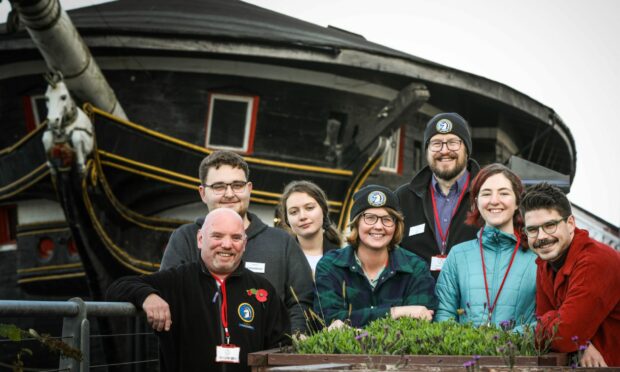
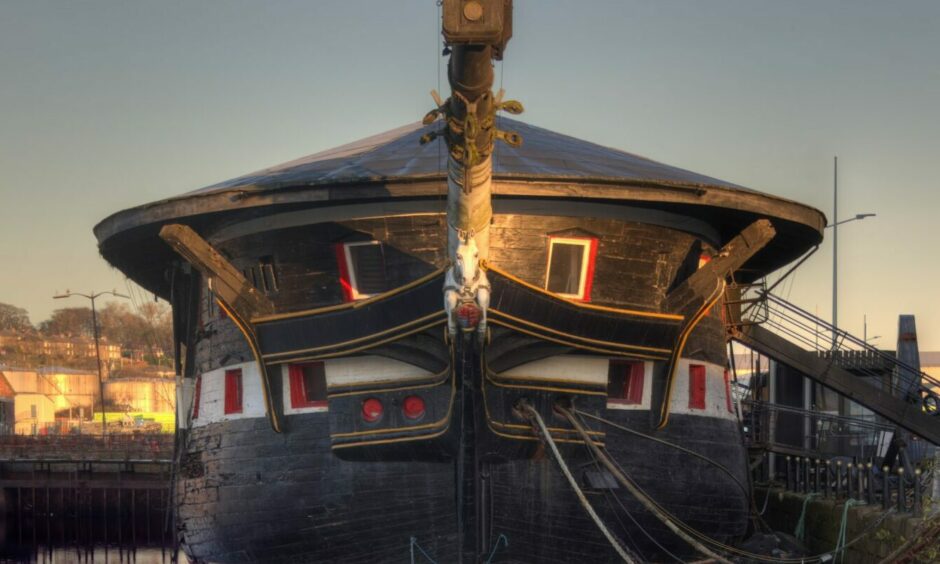
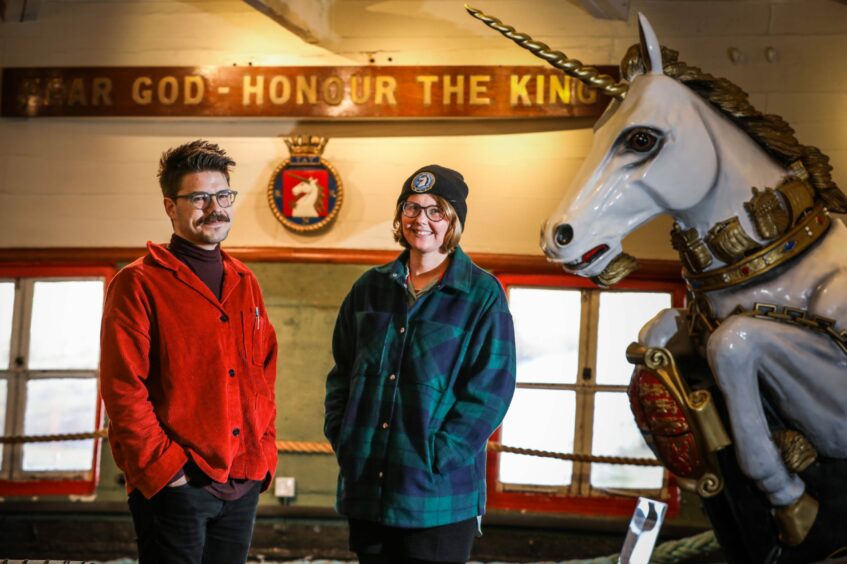

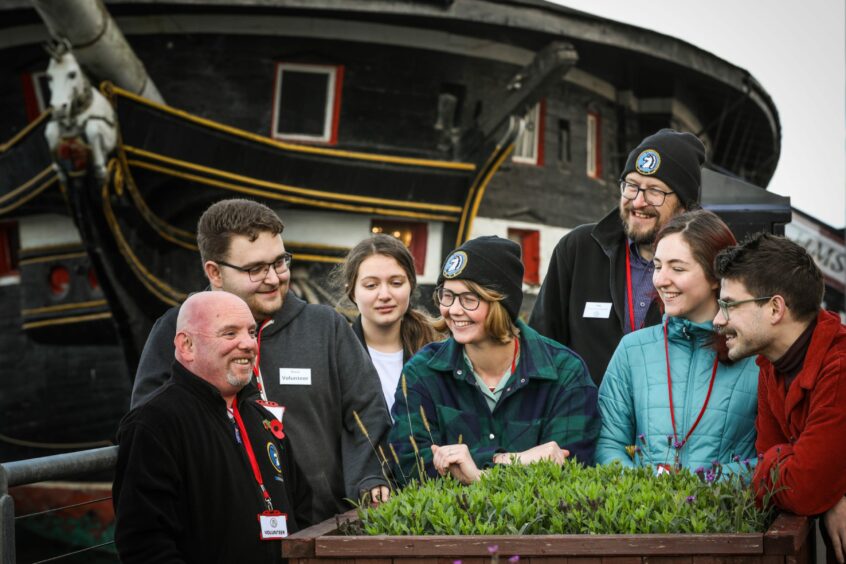
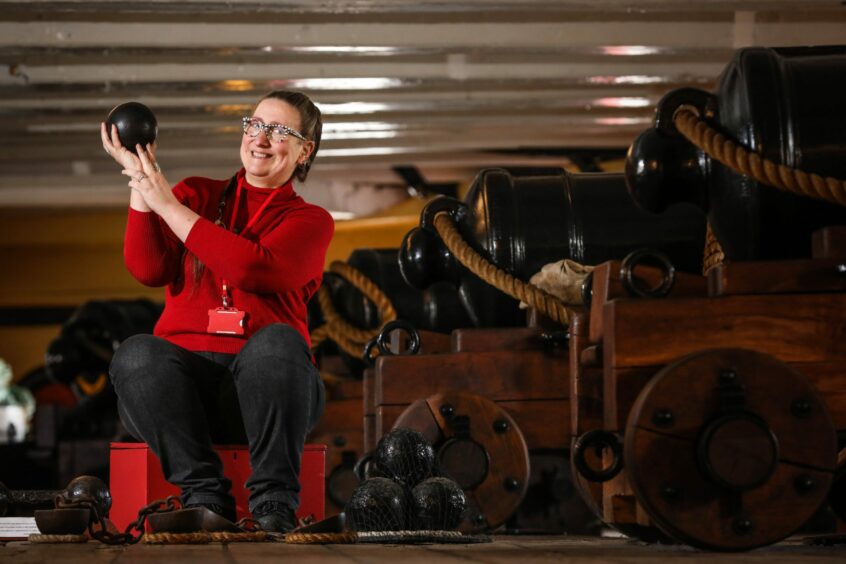



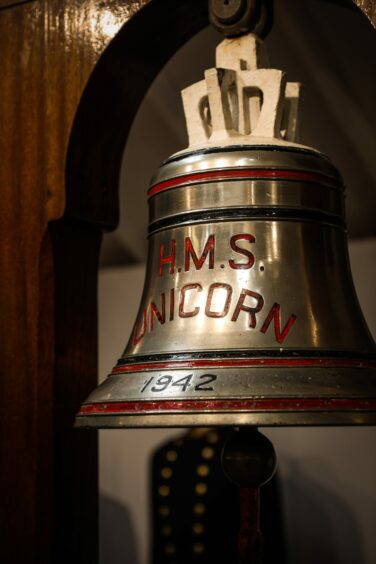
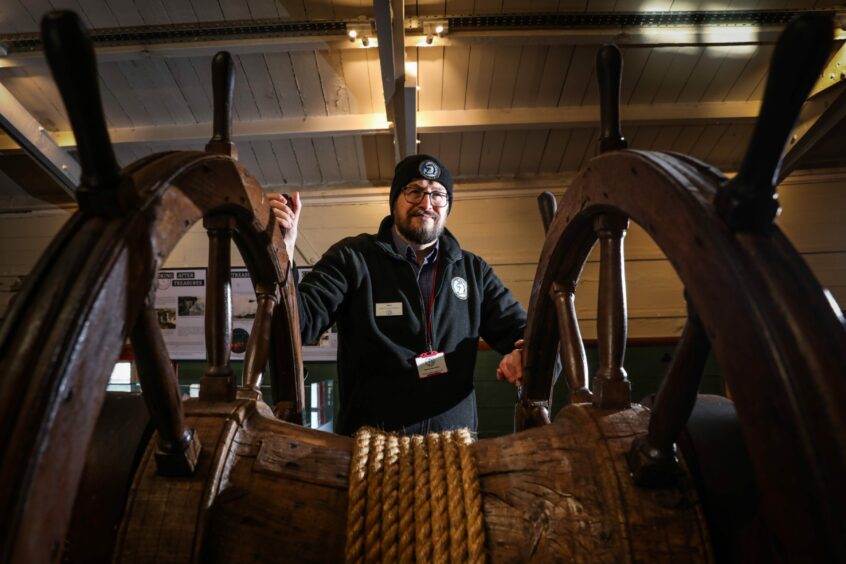
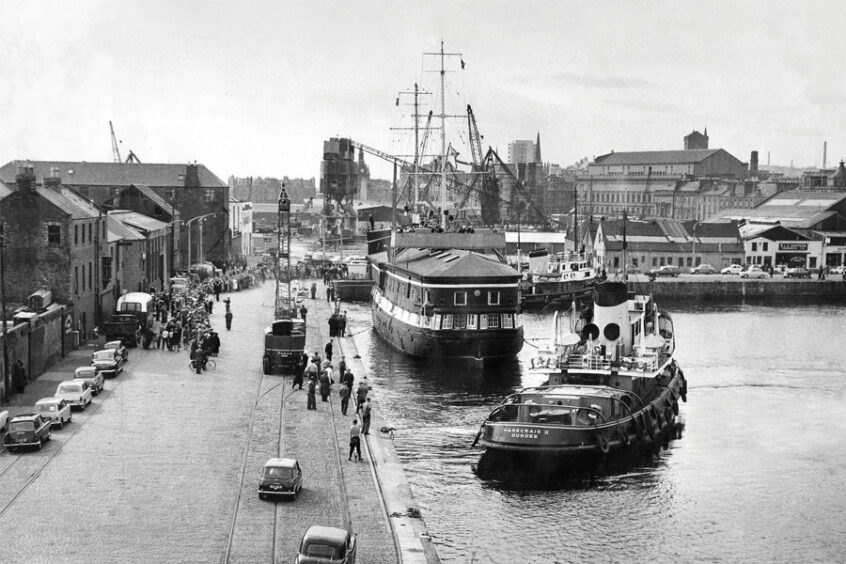


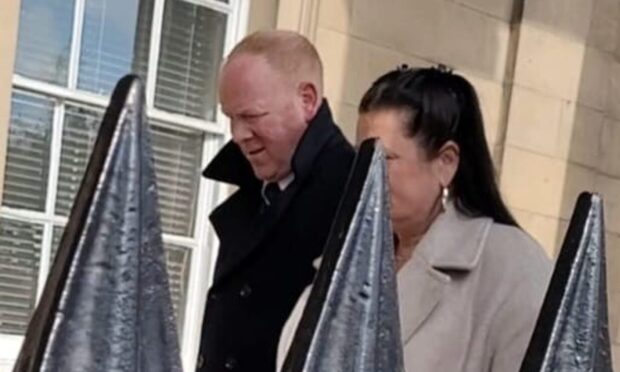
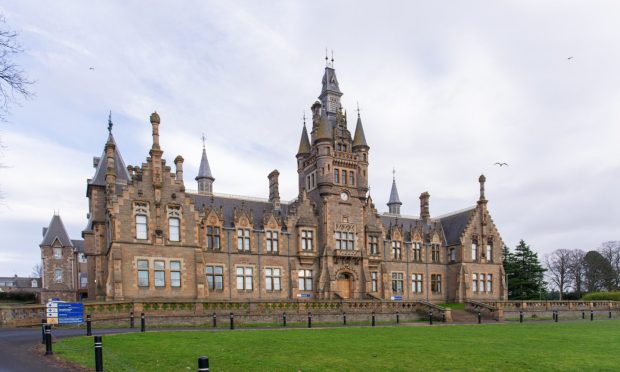
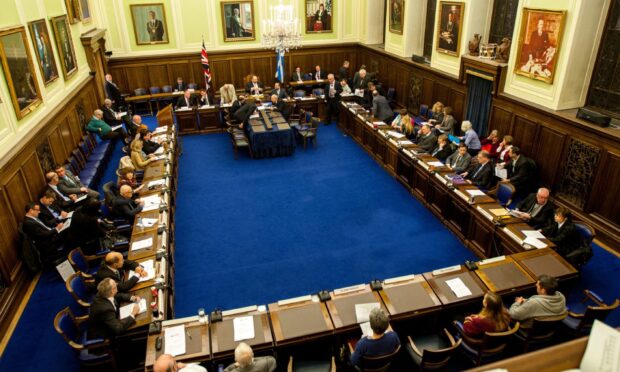
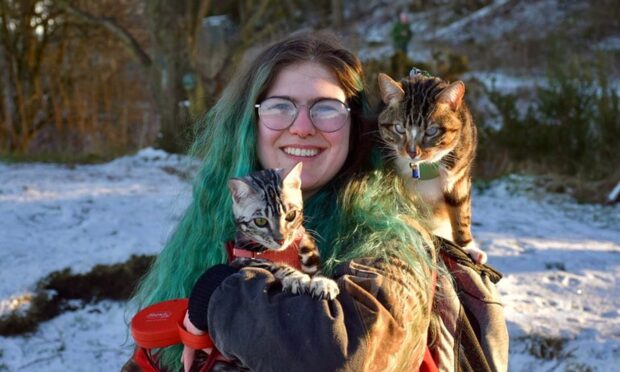
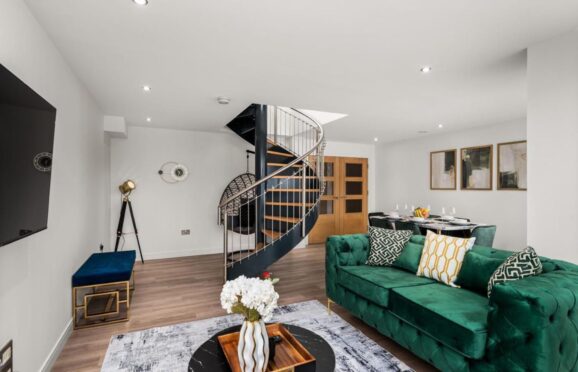
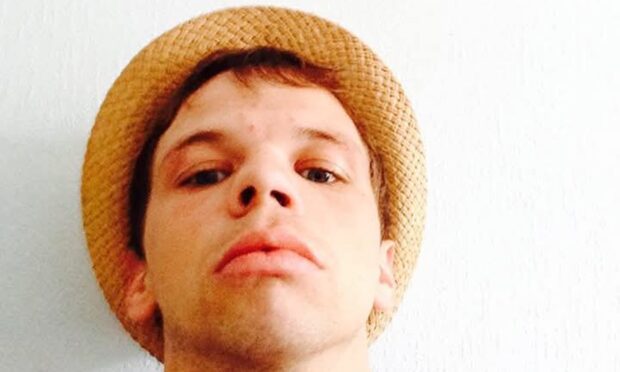

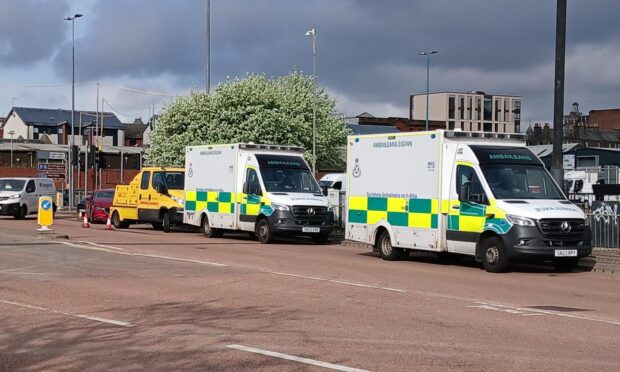
Conversation